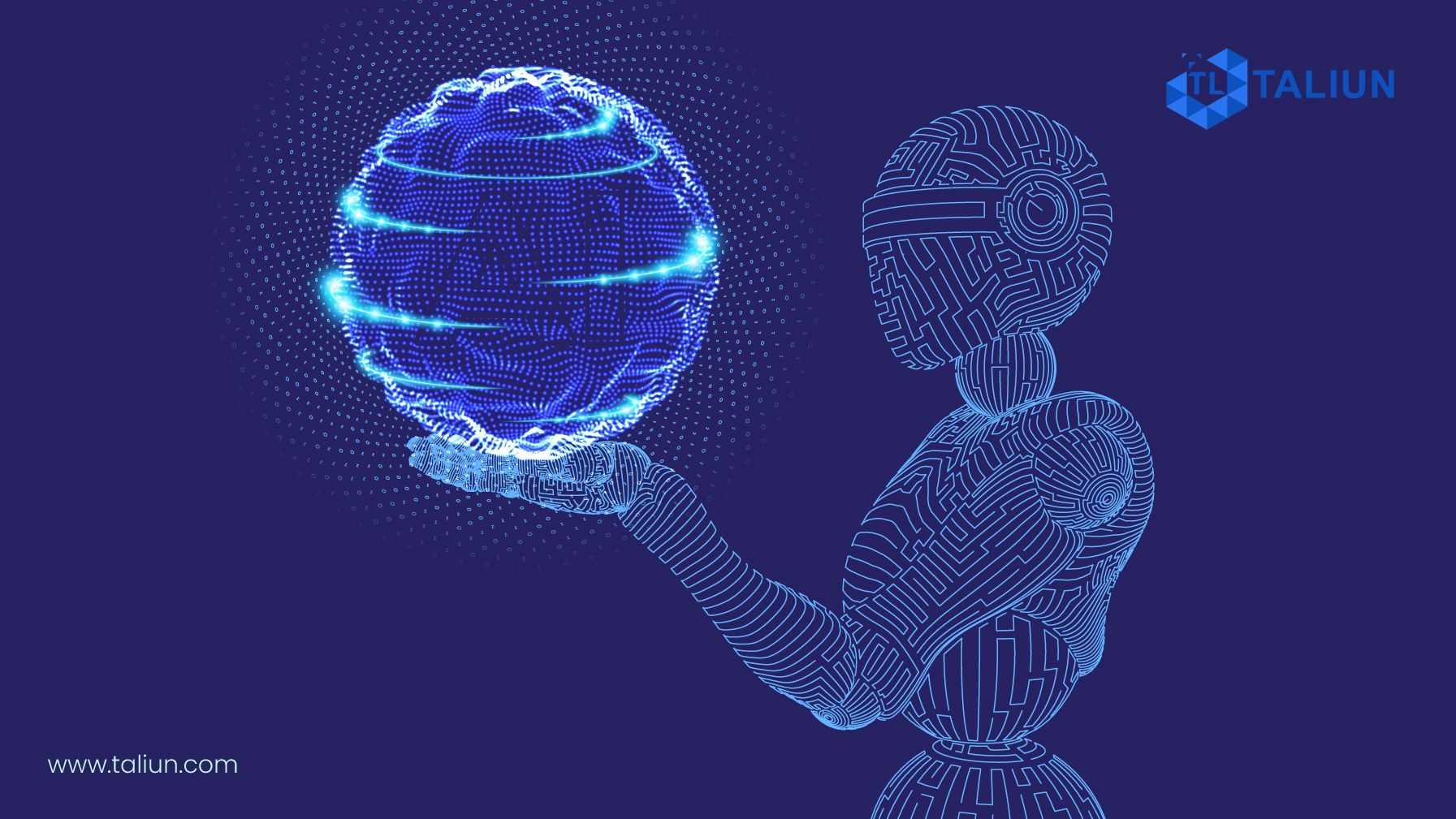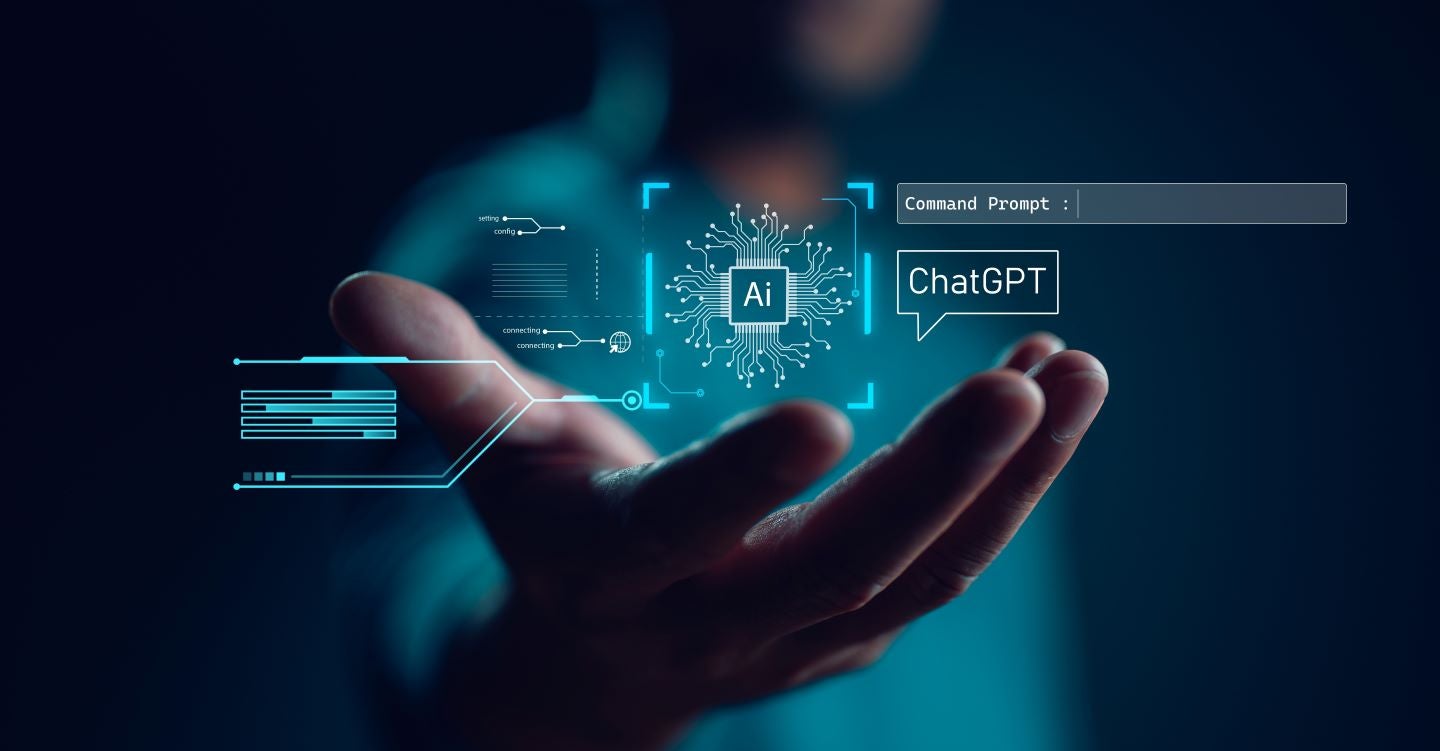GenAI Empowers Economists: A Revolution in Economic Research, Teaching, and Forecasting

GenAI Empowers Economists: A Revolution in Economic Research, Teaching, and Forecasting
In the ever-evolving landscape of economics, a groundbreaking technology has been gaining momentum and is poised to revolutionize the field. Economists, educators, and policy makers are increasingly turning to generative artificial intelligence, known as “genAI,” to amplify their capabilities and address complex challenges. This transformative technology, including models like OpenAI’s ChatGPT, is redefining the way economics is researched, taught, and forecasted.
A New Frontier in Economic Research
Economics professor Anton Korinek from the University of Virginia has championed the use of genAI as a powerful tool that promises to redefine economic research. While economists have already embraced machine learning for data analysis and economic projections, it offers a distinct approach, and its development has been nothing short of rapid.
Korinek believes that this technology is set to “revolutionize research” and enhance society’s capacity to tackle pressing economic issues. According to his paper soon to be published in the Journal of Economic Literature, genAI, particularly large language models like ChatGPT, offers invaluable assistance in six key areas: ideation and feedback, writing, background research, data analysis, coding, and mathematical derivations.
These genAI tools, which also include Microsoft’s New Bing, Google’s Bard, Anthropic’s Claude 2, and Meta’s LlaMA 2, serve as indispensable assets for economists. They can help generate research ideas, evaluate research plans, and provide feedback by presenting pros and cons. It excels at copy editing, fine-tuning writing, and even generating content for social media to promote research papers, thus enhancing the clarity and coherence of researchers’ work.
One of the standout features of genAI is its ability to summarize extensive texts efficiently. For instance, ChatGPT versions 3.5 and 4 can summarize passages of up to about 3,000 words, while Claude 2 can summarize up to approximately 75,000 words, covering the length of most academic research papers. Economists can utilize it to gain rapid insights into specific research papers, asking questions like “What are the author’s main conclusions?” and “What is the specific evidence supporting these points?”
Economic research often demands technical tasks such as coding and mathematical proof development. GenAI tools, including ChatGPT Advanced Data Analysis, can write, explain, translate, and debug code, especially in languages like Python and R. They can set up economic models, derive equations, and offer explanations. However, it’s crucial to recognize that it’s mathematical capabilities are currently limited, and ongoing advancements continue to refine these capabilities, with the latest versions of chatbots like ChatGPT-4 exhibiting expanded functionality.
Nonetheless, it’s worth noting that genAI, like any technology, isn’t infallible and may occasionally produce inaccurate information, often referred to as “hallucinations.” This underscores the importance of human oversight in the research process.

A Teaching Assistant in the Classroom
GenAI’s impact extends beyond research and is particularly influential in the field of education. Professors Tyler Cowen and Alex Tabarrok at George Mason University authored a paper titled “How to Learn and Teach Economics with Large Language Models, Including GPT,” highlighting how it can be a valuable asset in the classroom.
These economists found that genAI, including ChatGPT and Bing Chat, can create credible syllabi for various courses, including readings, course policies, and grading procedures. They noted that while it isn’t yet ready to tackle advanced PhD-level problems, it excels in solving undergraduate-level models and helps in teaching students.
GenAI: A Pioneer in Economic Forecasting
The influence of genAI extends to economic forecasting, a vital element in economic decision-making. Recent research conducted by policy advisers at the St. Louis Federal Reserve reveals that genAI can outperform human economists in predicting inflation rates.
In their study, they compared inflation forecasts generated by Google’s PaLM, a large-language model chatbot akin to ChatGPT, with predictions from the Survey of Professional Forecasters (SPF). The SPF consists of experienced professionals with advanced degrees in economics or related fields. The findings suggest that PaLM’s inflation forecasts yielded fewer errors than those of the SPF, highlighting genAI’s potential as a cost-effective and precise alternative for generating inflation forecasts.

Impact on Employment: A Dual-Edged Sword
As genAI continues to advance, questions about its impact on employment in the field of economics arise. Initially, it appears that genAI will complement economists, making their work more efficient and productive, rather than displacing them. However, there is the potential for job losses down the road.
A study by job site Indeed assessed the exposure of various jobs to genAI, taking into account the skills required to perform them. Software development jobs, including software engineers, were found to be the most exposed to potential disruption by genAI.
Svenja Gudell, Chief Economist at Indeed, suggests that while genAI has the potential to create better jobs in the long term by eliminating undesirable tasks, the transition phase may be turbulent and potentially painful. Companies may choose to cut labor costs by laying off employees if it can maintain their usual output levels. Alternatively, companies might retain their employees and enjoy greater output due to the efficiency of genAI. In either case, it poses a risk to employment.
Gudell emphasizes that economics will always require a “human touch.” This human element comes into play when interpreting models, understanding the reasoning behind results, teaching students, and delivering presentations to an audience. While it can provide answers, comprehending the process leading to those answers remains crucial.

In conclusion, genAI is rapidly reshaping the field of economics, offering economists an array of tools to enhance their research, teaching, and forecasting capabilities. This technology, while not without its limitations, represents a significant leap forward in how economists approach their work. As it continues to evolve, it will be crucial for economists to adapt and find ways to leverage this technology effectively, ensuring that it enhances their work rather than supplants it. The future of economics, in collaboration with genAI, promises greater efficiency and precision in addressing complex economic challenges.




